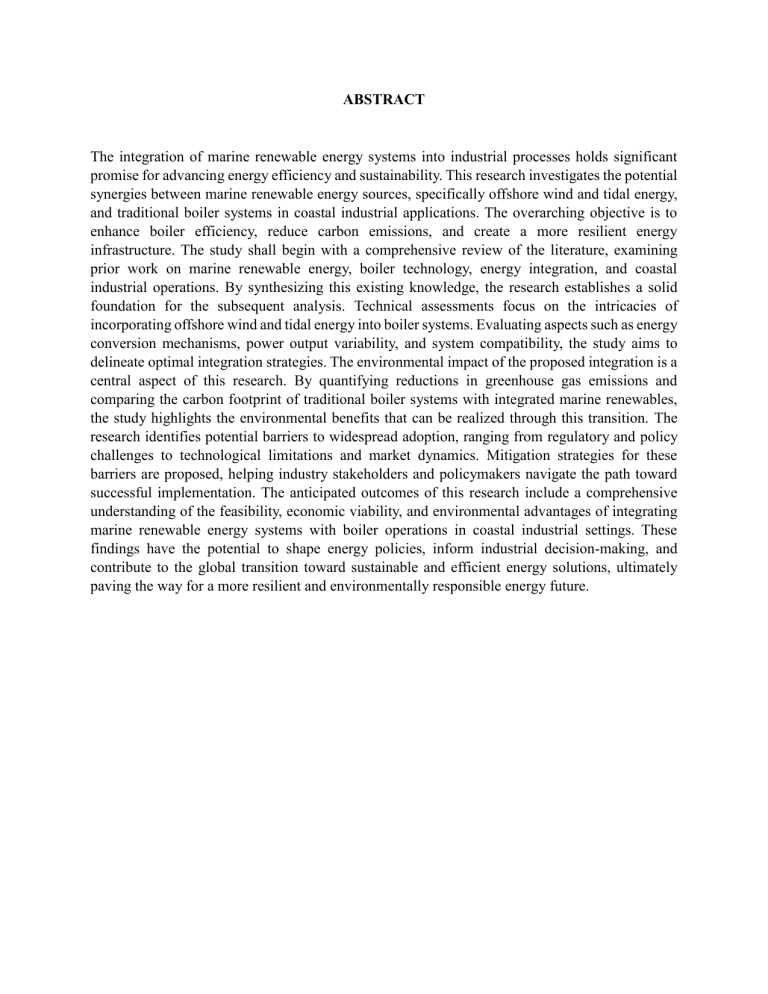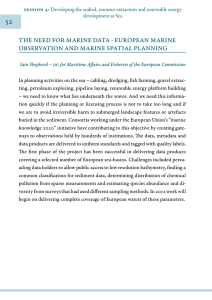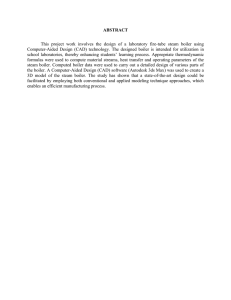
ABSTRACT The integration of marine renewable energy systems into industrial processes holds significant promise for advancing energy efficiency and sustainability. This research investigates the potential synergies between marine renewable energy sources, specifically offshore wind and tidal energy, and traditional boiler systems in coastal industrial applications. The overarching objective is to enhance boiler efficiency, reduce carbon emissions, and create a more resilient energy infrastructure. The study shall begin with a comprehensive review of the literature, examining prior work on marine renewable energy, boiler technology, energy integration, and coastal industrial operations. By synthesizing this existing knowledge, the research establishes a solid foundation for the subsequent analysis. Technical assessments focus on the intricacies of incorporating offshore wind and tidal energy into boiler systems. Evaluating aspects such as energy conversion mechanisms, power output variability, and system compatibility, the study aims to delineate optimal integration strategies. The environmental impact of the proposed integration is a central aspect of this research. By quantifying reductions in greenhouse gas emissions and comparing the carbon footprint of traditional boiler systems with integrated marine renewables, the study highlights the environmental benefits that can be realized through this transition. The research identifies potential barriers to widespread adoption, ranging from regulatory and policy challenges to technological limitations and market dynamics. Mitigation strategies for these barriers are proposed, helping industry stakeholders and policymakers navigate the path toward successful implementation. The anticipated outcomes of this research include a comprehensive understanding of the feasibility, economic viability, and environmental advantages of integrating marine renewable energy systems with boiler operations in coastal industrial settings. These findings have the potential to shape energy policies, inform industrial decision-making, and contribute to the global transition toward sustainable and efficient energy solutions, ultimately paving the way for a more resilient and environmentally responsible energy future.






